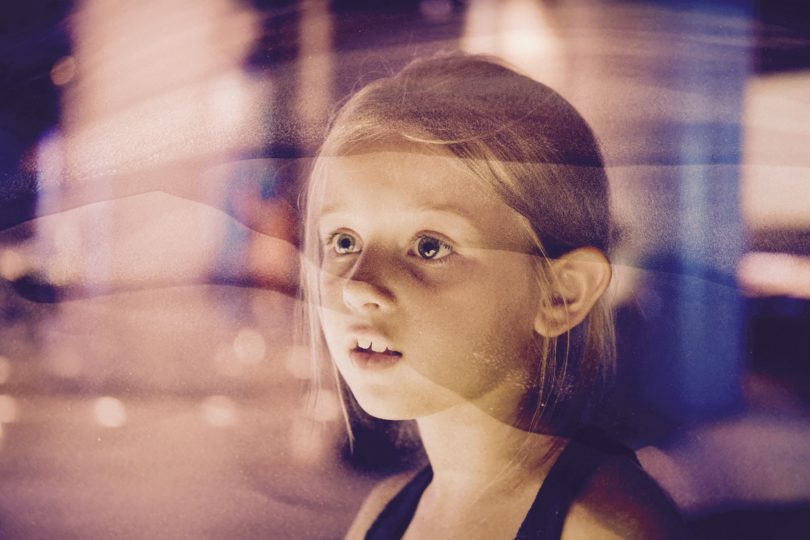Babies are chock-full of potential, and they are damned cute too. I used to have a baby. Now I have a kid. In five years, I’ll have a teenager; add another five years and she’ll be an adult. We joke about wanting our children to stay small because they’re precious that way, but it would be tragic if they did. Most parents would take them to specialist after specialist until they figured out what was going on. Because unrealized potential is tragic.
Childhood is an explosion of creativity. 100 billion neurons bursting forth with brand new connections in a profoundly brief period of time. Lined in a row, those neurons would stretch over 600 miles and would take 3,171 years to count each of them at a rate of one per second. You can measure their physical properties much easier than their potential. Indeed, potential is a curious thing because we don’t know what it will become. It doesn’t yet exist, making it quite mysterious.
After four billion or so years of evolution we — okay, maybe just a few of us — have brains powerful enough to contemplate the expanse of the universe, theorize what we came from, and perhaps even speculate about the future of our species. Just our ability to consider these ideas is quite extraordinary. As far as we know, no other beings on earth have asked those questions, let alone attempted to answer them. Our human genius is a thing of beauty. But is intellectual potential our greatest virtue?
Here in our office we have an autistic gentleman who comes in once a week to help with various tasks. We found he is terrific at organizing things. He loves photography and ginger ale, and he can answer just about any question you might have about trains. He can name every Amtrak station and knows all the routes. I recently asked him to map out a train trip up the coast for Cami and me. His eyes lit up when I did. It felt good to see that. I find myself asking, “what is his potential?” I know it is more than what we see on the surface.
I’ve honestly struggled to determine how best to utilize him in the office since he’s completed most of the organizational tasks we originally had in mind. But I’m working on that, and I’m beginning to realize something. Aside from his intellectual capabilities, he is one of the kindest people you’ll ever meet. Maybe by helping him realize his potential, I can get a glimpse into my own. And perhaps more important than our intellectual potential is our potential for kindness. I’m hoping that has no limits.

